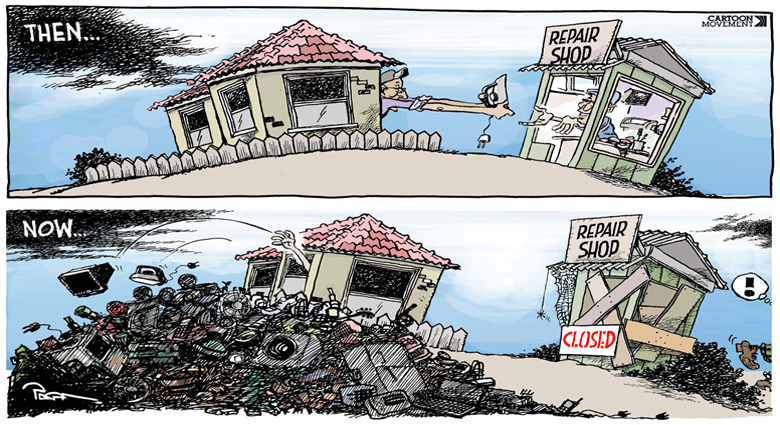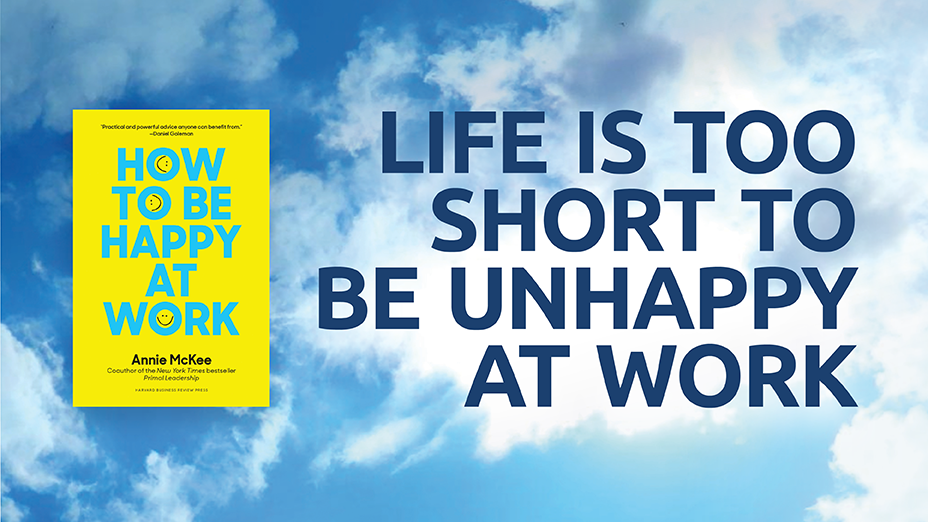What is it about us humans that makes us so drawn to the negative? Every mistake we make seems to stick in out brains like Velcro, while our successes slide out like they're on Teflon.
We humans can actually become healthier and happier if we teach ourselves to focus more on positive emotions.
For decades, psychologists have studied the effect of the negative in our lives—trauma, addiction, stress, and so on. But there’s a relatively new school of study called Positive Psychology. Martin Seligman, PhD, brought it to light in 1998 when he was president of the American Psychological Association, but it originated with Maslow in his 1954 book Motivation and Personality. Today at Harvard, Positive Psychology 1504 is the school’s most popular class, and Penn offers an entire master’s degree on the subject.
It’s no wonder positivity is gaining in popularity: We humans can actually become healthier and happier if we teach ourselves to focus more on positive emotions such as forgiveness, compassion, altruism, and gratitude. Dr. Robert Emmons at UC Berkeley has found that people who are more grateful are happier, more outgoing, less lonely, and even have stronger immune systems and lower blood pressure.
We’ve now surveyed more than 850,000 people for our books, and we have found that managers who express sincere and frequent gratitude for their employees’ achievements have on average significantly lower employee turnover, higher customer satisfaction, and higher worker engagement levels.
In 2017, may we suggest a laser-like focus on the concept of gratitude as a key to a happier and more successful life. Below we offer 4 simple ways to get started in your team:
1. Do it Now
Gratitude doesn’t age well. The closer recognition and appreciation follows a desired behavior, the more strongly that action is reinforced. If you want to inspire your team and show real appreciation, you will find the time. It doesn’t take long. The best managers we’ve studied spent on average about an hour a week recognizing their people, but the results were higher employee engagement, trust, and energy levels. After all, how much time do you need to pen a handwritten thank-you note, let the world know of someone’s accomplishment on their social media site, or say “thank you” in a specific way in a team meeting?
2. Do it Often
Gratitude should be habitual to build a positive culture. In the best workplaces, people feel praised every seven days, according to research from the Gallup Organization. Gratitude never gets old if it is aligned with the core values of the organization or your team. Does anyone ever tire of their manager saying you matter and you add value?
3. Be Specific
Everyone in a team must clearly understand what behaviour triggered your gratitude in order to repeat it. For the best impact, clearly link each recognition event to one of your core values that you wish to see repeated. Non-specific praise is actually disheartening for an employee, since it implies that their manager has no idea of the unique value they bring to the team. Many managers who offer this type of general gratitude may think they are rewarding the entire team with comments such as, “Thanks, everyone, for all your hard work,” or “You all make me proud.” But such general gratitude has no effect, and has even been shown to have a negative impact on those in your charge.
4. Be Sincere
Reward only those behaviors you truly value, with your heartfelt and public gratitude. This is all too rare and can be extraordinarily meaningful. So gather people together. Your gratitude should be expressed publicly, your criticism in private. The team in attendance will learn as much or even more than the person being thanked.
While the research shows gratitude can help any business or team, our respective families are also trying an experiment to be more grateful in our lives overall in 2017. We each have family apps where we post daily the things for which we are grateful. These can be simple things like a good meal, an interesting conversation, or a tender mercy in nature such as a beautiful sunset.
Can 2017 be a year of gratitude in your team and your family? We would love to hear your stories of gratitude, and perhaps your plans.





.png)




What Did You Think?